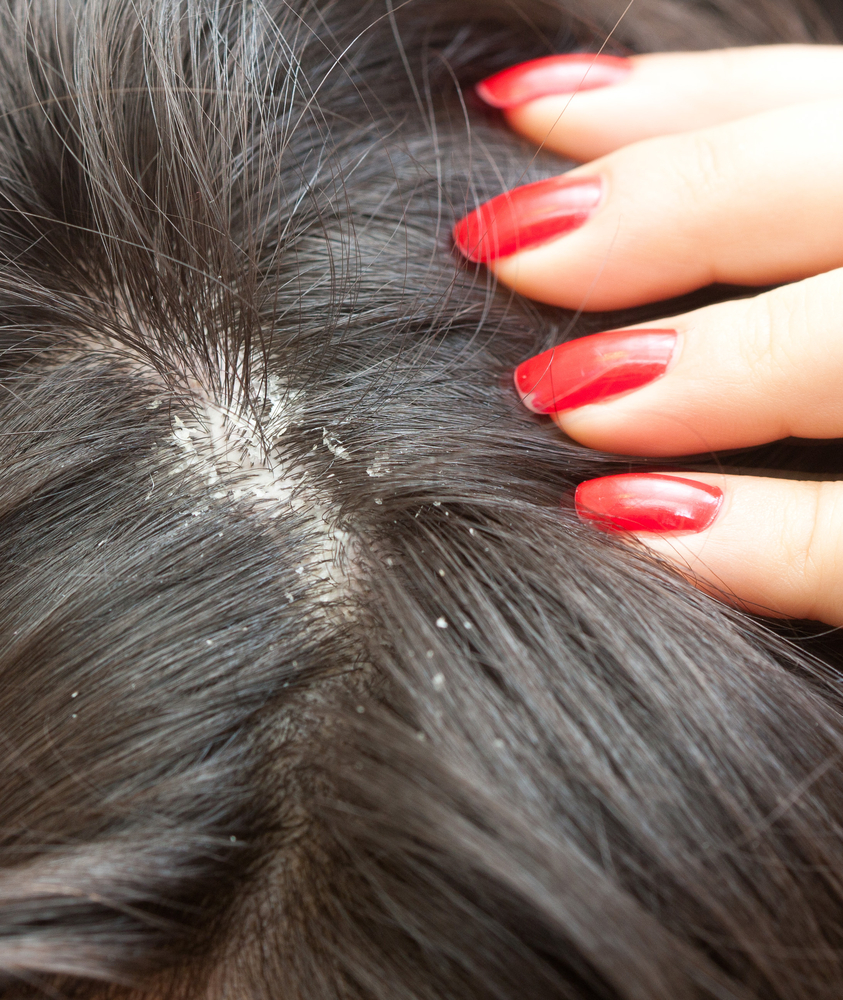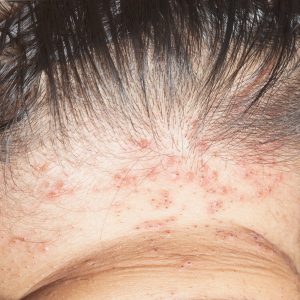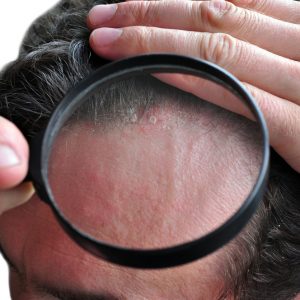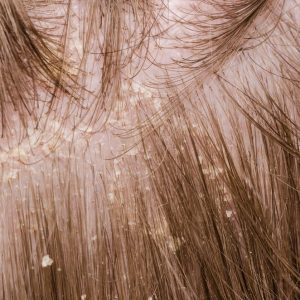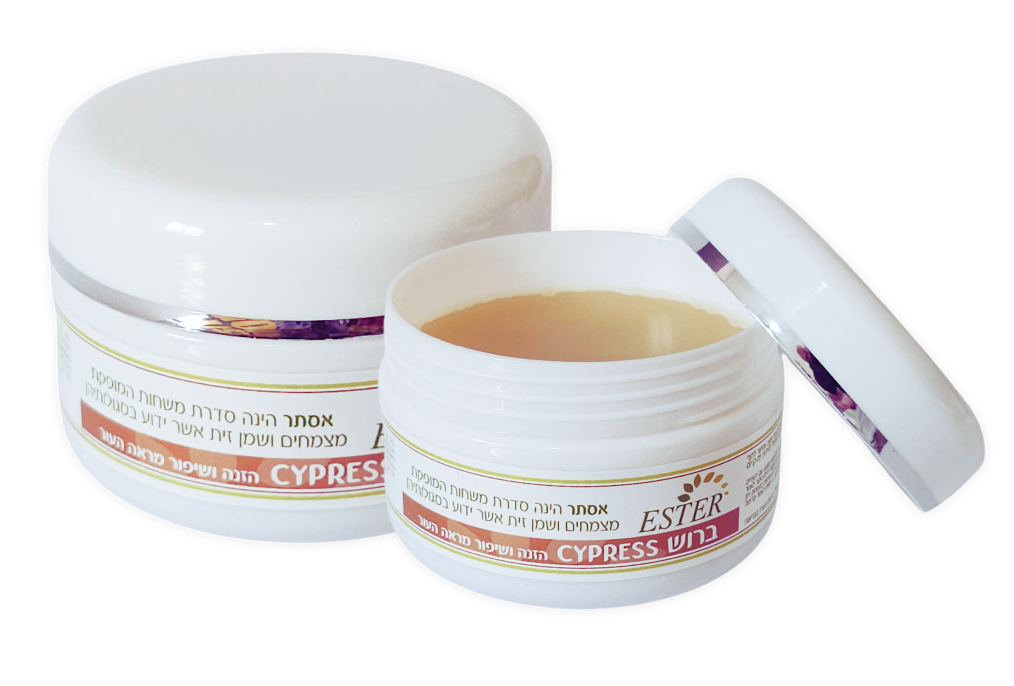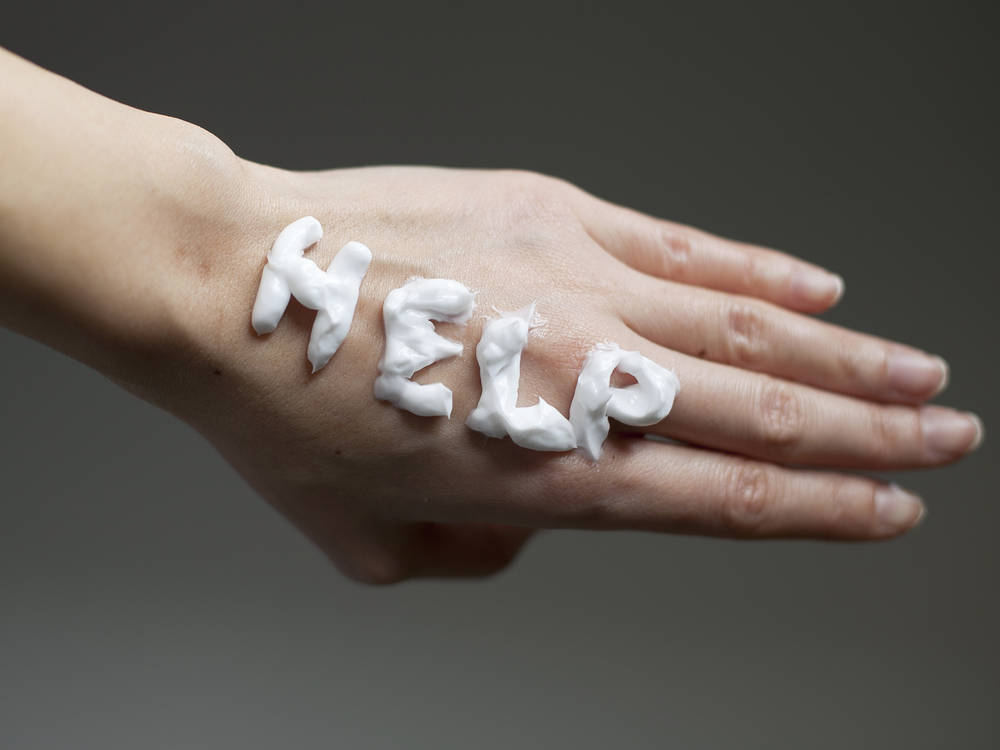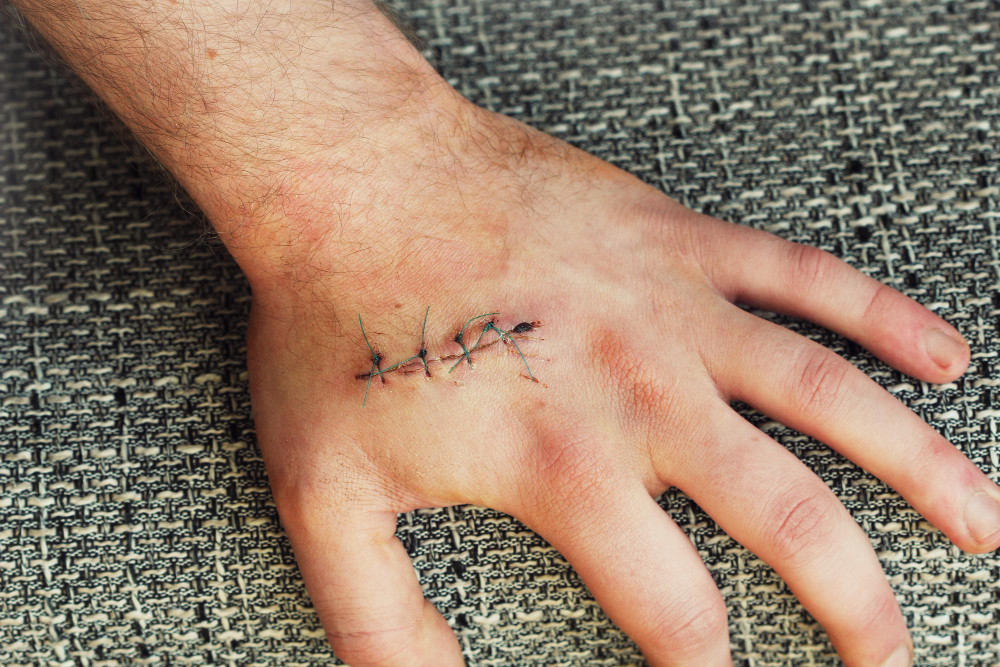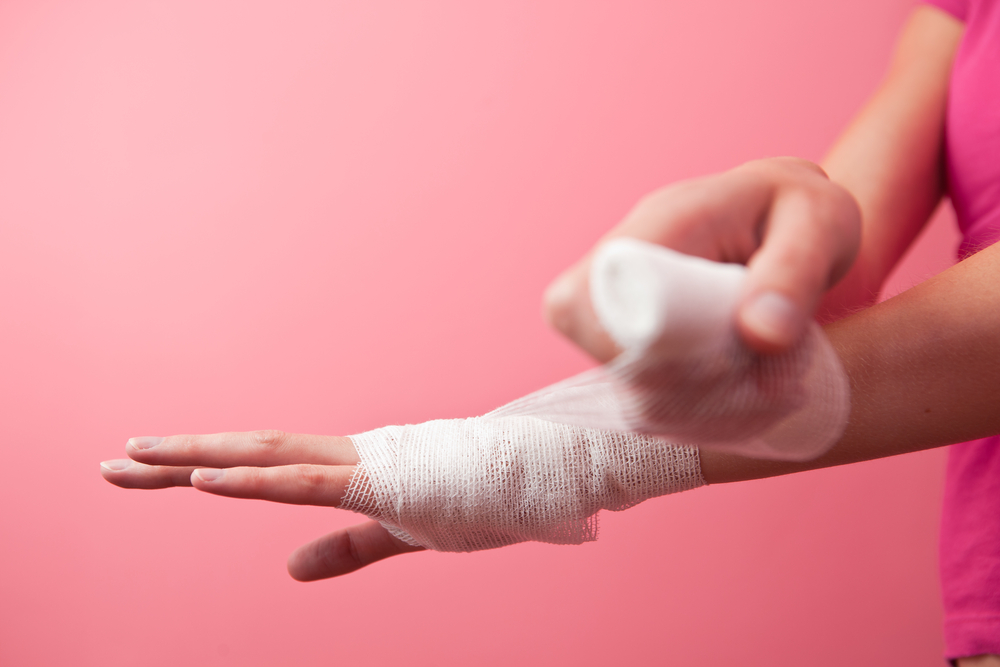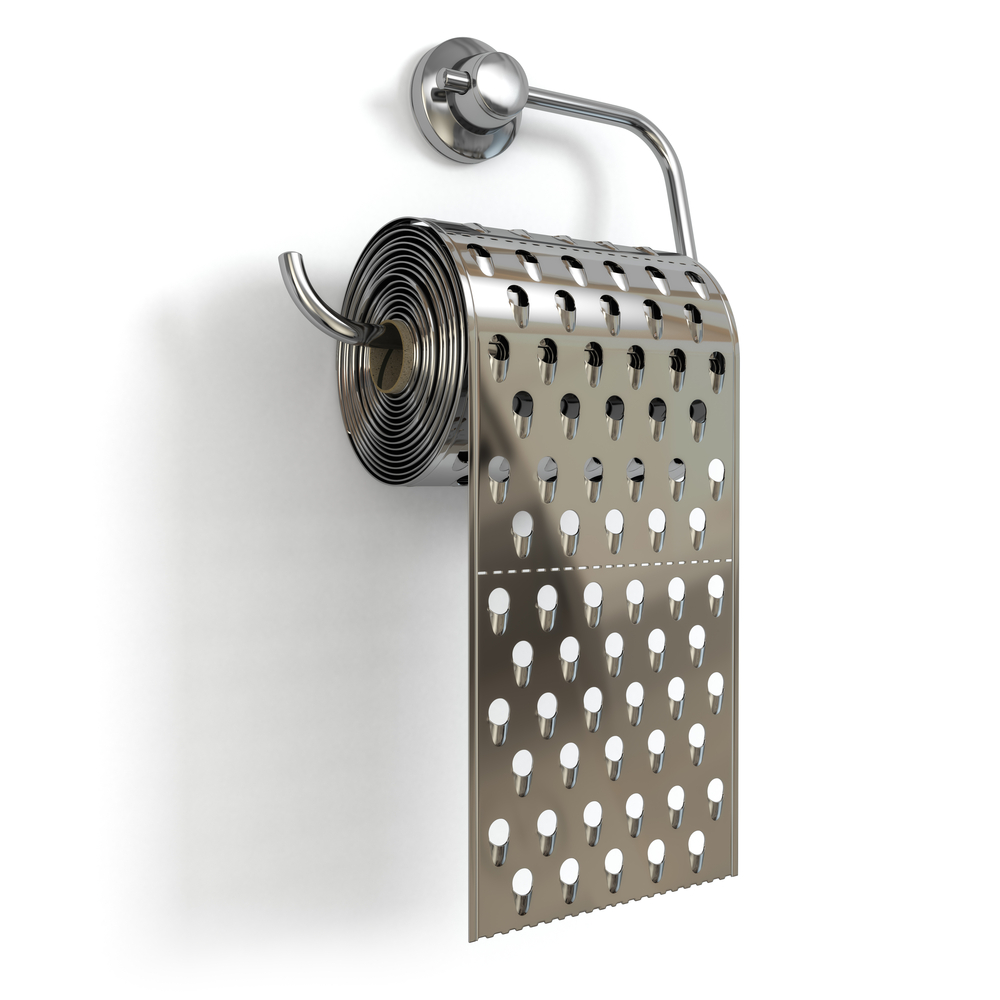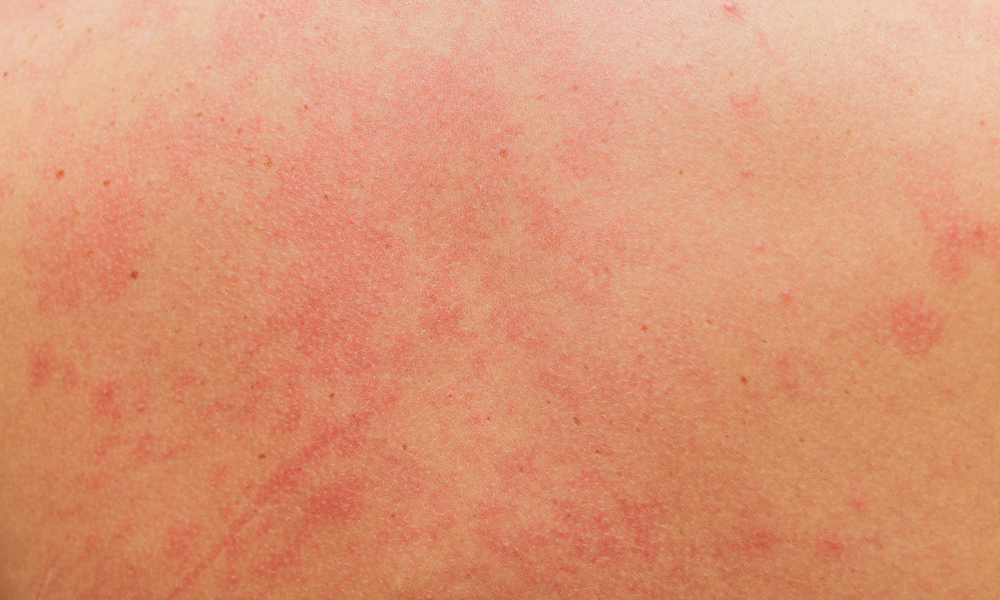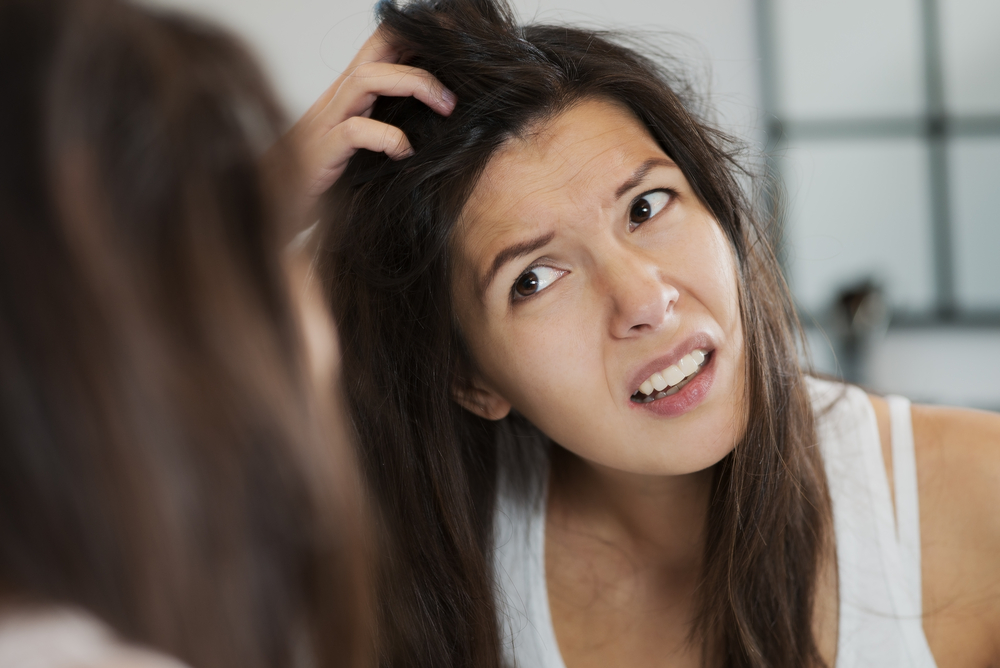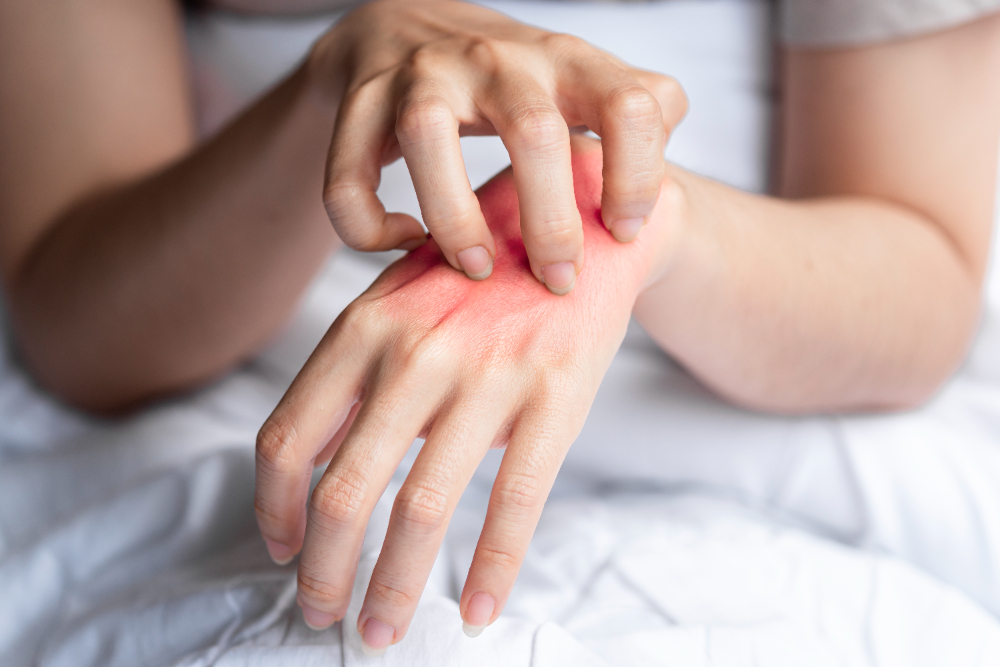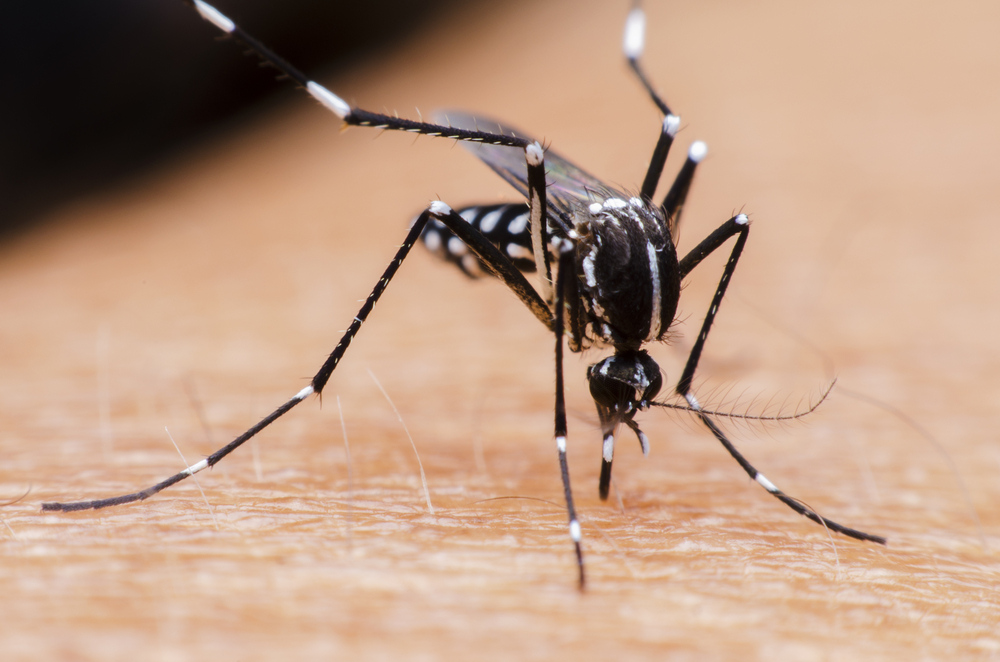Sores on the Scalp
One of the most common manifestations of seborrheic dermatitis is scalp seborrhea. The condition leads to excessive secretion of oily substances from the sebaceous glands in the scalp area. This can cause itching, redness, and other symptoms — including a possible connection between scalp seborrhea and hair loss. It is important to note that this is not a dangerous disease, but it can significantly reduce quality of life due to the discomfort and aesthetic damage it causes.
Once the condition appears for the first time, it may recur later in life due to factors such as poor nutrition and stress.
It is worth knowing that there are quite a few treatments that may help with scalp seborrhea. Among others, acupuncture can be used to help the immune system overcome the inflammation. Additionally, there are various herbal remedies that can significantly ease the condition and help prevent its recurrence.
In the long term, it is recommended to adopt habits such as a healthy diet, avoiding lack of sleep, and developing tools to manage emotional stress, all of which can reduce the chances of seborrhea flaring up again.
Scalp Seborrhea in Infants
Seborrhea, the common skin condition that causes itching and flaking on the scalp, can also appear in infants. The cause of seborrhea in infants is usually the hormones that pass from the mother to the baby through the sebaceous glands. Sometimes, these hormones can stimulate the sebaceous glands in the baby’s scalp, which in some cases may lead to seborrheic symptoms.
In such cases, there are several steps that can be taken to treat scalp seborrhea. The baby’s hair should not be washed with regular shampoo. It is recommended to use baby oil diluted with water. If a hard crust forms on the baby’s head, it is very important not to forcibly remove it. Instead, you should wait for it to fall off naturally and accelerate the process by gently massaging the scalp with baby oil.
Scalp Seborrhea – Treatment Methods
It is important to know that there are various methods to treat scalp seborrhea, so there is no need to live with the condition and suffer from it. First of all, there are many seborrhea medications that can relieve symptoms and, in some cases, even eliminate the condition. Various ointments containing cortisone — a type of steroid — can be used to significantly speed up the healing process. In addition, antibiotic treatment may be used. However, it should be noted that although these treatments are very effective, it is important not to use them over long periods, as they may cause harm to the body.
Besides these medications, there are also natural treatments for scalp seborrhea that may be effective in relieving symptoms. Among the effective natural treatments is acupuncture — a painless method with no side effects, based on Chinese medicine. There is also a wide variety of herbal creams that may relieve the symptoms without harming the skin or body.
Once the acute outbreak of the disease passes, it is recommended to adopt preventive care practices. These include maintaining a healthy diet rich in plant-based fats and low in animal fats, keeping the hair and scalp clean, and reducing stress levels. These actions do not guarantee that the condition will not return in the future, but they can significantly reduce the likelihood of recurrence.
Scalp Seborrhea – Cypress Ointment
When seborrhea appears, wet the head and apply the ointment using your fingertips, massaging the scalp in all the affected areas. After one hour, you may wash your hair. This treatment should be repeated daily for a week until improvement is seen. After improvement, switch to treatment every other day, and in the following week reduce to twice a week, then once a week to maintain the desired condition.
Examples
